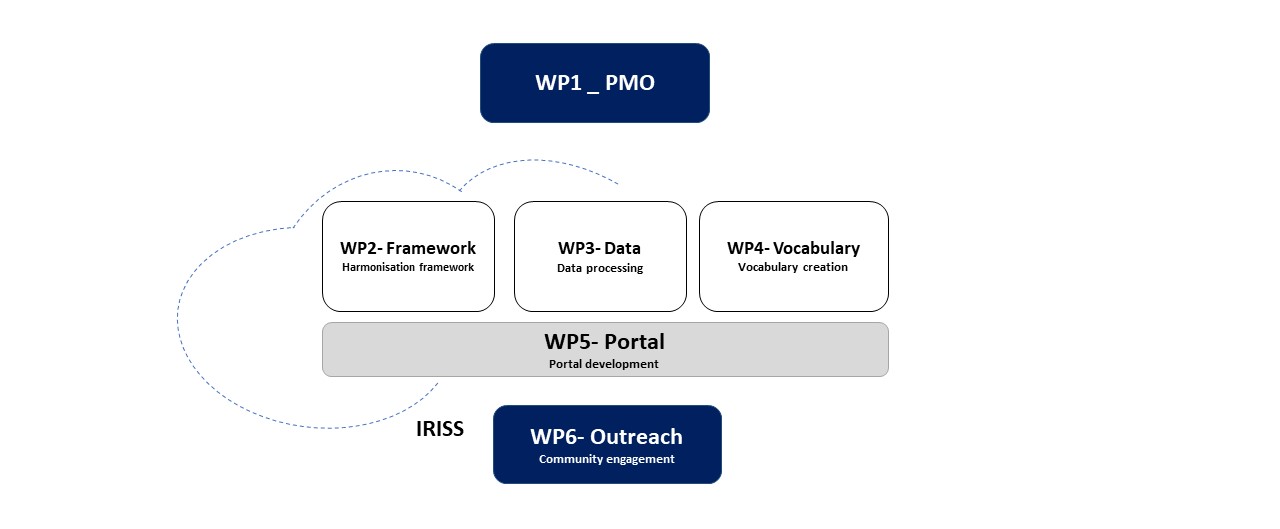The ANZLEAD project has three major phases 2022-2023.
Conceptualisation
Phase 1 – 2021-2022
The requirements for technical designs for WP2-WP4 will be captured to establish the data harmonisation framework and portal model.
Development
Phase 2 – 2022-2023
The framework and portal design associated with WP2-WP4 will be staged and checked for dependencies that impact Wp5.
Operations
Phase 3 – 2023-2024
The move into operations will occur as part of WP5 and post project activity.
The Conceptual and Technical working groups drive the Conceptualisation and Development phases (WP2-WP5) i.e., to establish a common set of requirements and to establish new data harmonisation capabilities and a portal enabling data access for social science research.
Work Packages
Five work packages (WP2 to WP5) enable project partners to establish a common harmonisation framework for standardising key units of analysis, controlled vocabularies for core political and demographic information from authoritative sources, establish procedures and metadata requirements and a data portal model for linked and harmonised social science data.
WP1 (PMO): Project management
WP2 (Framework): Common data harmonisation framework
WP3 (Data): Data processing and harmonisation
WP4 (Vocabulary): Alignment of controlled vocabularies
WP5 (Portal & App): Political science data portal model and app
WP6 (Outreach): Community engagement

Overlap and integration with the IRISS project
As the ANZLEAD project developed through 2022, the establishment of the parallel IRISS project (Integrated Research Infrastructure for the Social Sciences) commenced in 2022. As the two projects developed, the joint requirements of the project became increasingly apparent, and the decision to establish joint services supporting both projects was adopted.
Considering a cross domain gap to be adress the Political science researchers also frequently use secondary public research and administrative data. However, these datasets are often developed in isolation by different organizations using bespoke vocabularies and data standards. Same gap that IRISS aim to minizied trought to the Vocabulary and Integration Services.
Researchers must find, access, and integrate disparate sources to study complex problems, especially across units of analysis, jurisdictions, and over time. This requires significant harmonisation work to analyze data like changes in voting party over time.
As a result, the development of the ANZLEAD project has been progressively harmonised with the activities of the IRISS project, including adoption of related technologies and workflows. The ANZLEAD concept map highlighted the need for a different technology to author and publish domain ontologies, and for the publishing, adoption and harmonisation of data content. As part of the joint activities of the IRISS and ANZLEAD.
